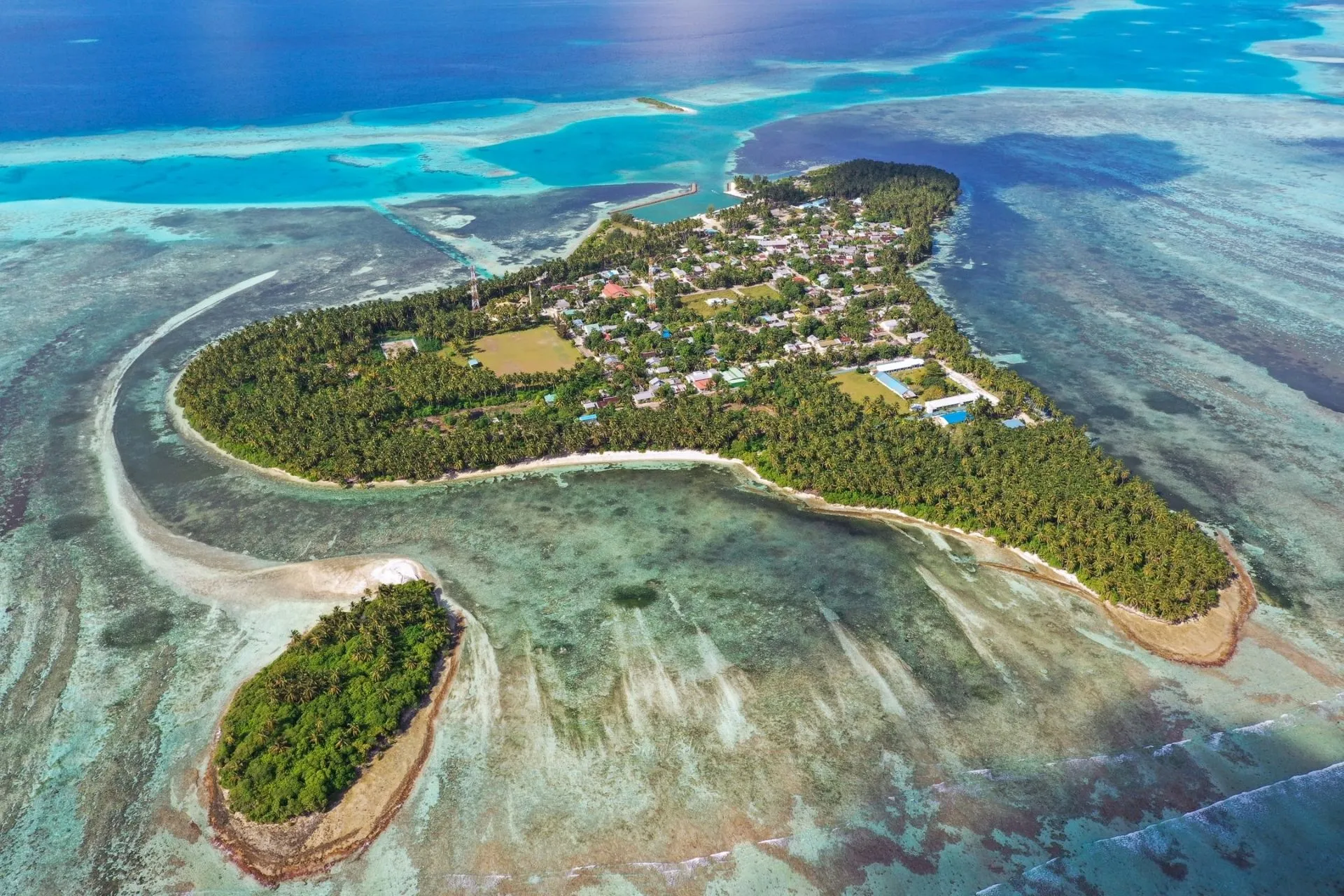khakisofirvington.com – Nestled in the heart of the Indian Ocean, the Maldives is a tropical paradise that captivates the imagination of travelers from around the globe. This archipelagic nation, with its crystal-clear waters, vibrant marine life, and luxurious resorts, offers an unparalleled experience of natural beauty and tranquility.
Geography and Climate
The Maldives is composed of 26 atolls, which are natural coral islands, spread over an area of approximately 90,000 square kilometers. Despite its vast ocean territory, the land area of the Maldives is quite small, with the islands averaging just a few kilometers in width. The climate is typically tropical, with temperatures ranging from 28°C to 32°C throughout the year. The country experiences two main seasons: the dry season from November to April and the wet season from May to October.
Biodiversity and Marine Life
The Maldives is renowned for its rich biodiversity and vibrant marine life. The clear waters are home to a plethora of species, including colorful fish, majestic manta rays, graceful sea turtles, and the elusive whale shark. The coral reefs that surround the islands are not only a haven for marine life but also a major attraction for snorkelers and divers from around the world.
Economy and Tourism
Tourism is the backbone of the Maldivian economy, contributing significantly to the country’s GDP and providing employment for a large portion of the population. The Maldives is known for its luxurious resorts, which offer a range of amenities and activities, from overwater bungalows and spas to water sports and diving expeditions. In recent years, the country has also focused on sustainable tourism practices to preserve its natural beauty and ensure the well-being of its marine ecosystems.
Cultural Heritage
The Maldivian culture is a blend of South Asian and Arabian influences, with Islam being the predominant religion. Traditional Maldivian music and dance, known as “Bodu Beru,” are an integral part of the local culture, often performed during festivals and celebrations. The cuisine of the Maldives reflects its island setting, with an emphasis on seafood, coconut, and spices.
Environmental Challenges
The Maldives faces significant environmental challenges, primarily due to its low-lying geography. The country is particularly vulnerable to the impacts of climate change, including rising sea levels and increased frequency of natural disasters. The Maldivian government and various international organizations are working on initiatives to mitigate these risks, including the development of climate-resilient infrastructure and the promotion of renewable energy sources.
Conclusion
The Maldives, with its stunning landscapes, rich marine life, and luxurious accommodations, is a true Indian Ocean paradise. While the country faces environmental challenges, its commitment to sustainability and conservation offers hope for the future. For visitors, the Maldives promises an unforgettable experience of natural beauty, cultural richness, and relaxation. As the world continues to discover the wonders of this archipelago, the Maldives remains a beacon of tropical paradise in the Indian Ocean.
